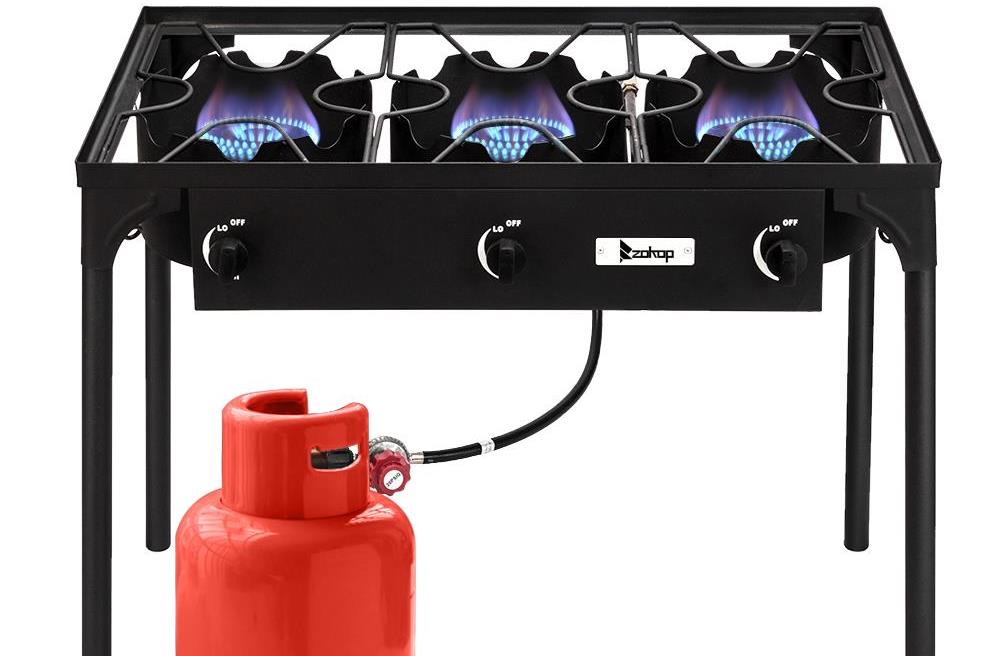Malawi Energy Regulatory Authority (Mera) says misconceptions on liquefied petroleum gas (LPG) are contributing to its low consumption in the country, pushing stress on electricity and the environment.
Mera officials said this on Thursday in Mzuzu during a sensitisation meeting with the businesss community on gas business.

Mera senior gas regulation specialist Mgwa Mkandawire said misconceptions that LPG is for the elites, dangerous, leaks and easily explodes are slowing its uptake in the country.
She said that to the contrary, LPG is safe, reliable, convenient, cheaper and efficient, contrary to the misconceptions.
“Malawi has 40 LPG retailers and the Northern Region has only two retailers,” said Mkandawire.
She said the sector is growing and profitable.
Mkandawire said the energy regulator has noted that there has been lack of awareness about the viability of gas and how they can participate in the gas business.
Mera figures show that Malawi uses 1.6 million kilogrammes (kg) of gas per year and is aiming at 4.8 million kg per year.
From February to June this year, gas sales increased by 40 percent compared to the same period last year, according to Mera.
One of the participants, Chigomegzo Gondwe, said LPG gives the business community a good opportunity to diversify.
“As indigenous Malawians, we can tap into this opportunity,” she said.
LPG is used for cooking and heating, among others.
Currently, the gas is going at K2 175 per kg which means that a family of four, can use nine kg of gas for 28 days.
Mera has not only removed value added tax on LPG, but has also slashed licence fees to lure more players to participate in this industry.
In an earlier interview, Malawi University of Science and Technology lecturer in energy sciences and head of energy department John Taulo said he was hopeful that Mera will increase access to LPG to three percent in two years, adding that there is need to have the product locally produced to make it both affordable and accessible to many including rural areas.
He said: “LPG is not adequately available in rural areas where majority of the population live.
“In addition, LPG is expensive and as a country, we need to start producing LPG locally to make it cheaper.” Taulo also cautioned Mera when determining prices for such products.
Source: The Nation_Tuesday, November 9, 2021_ by Martha Phiri
